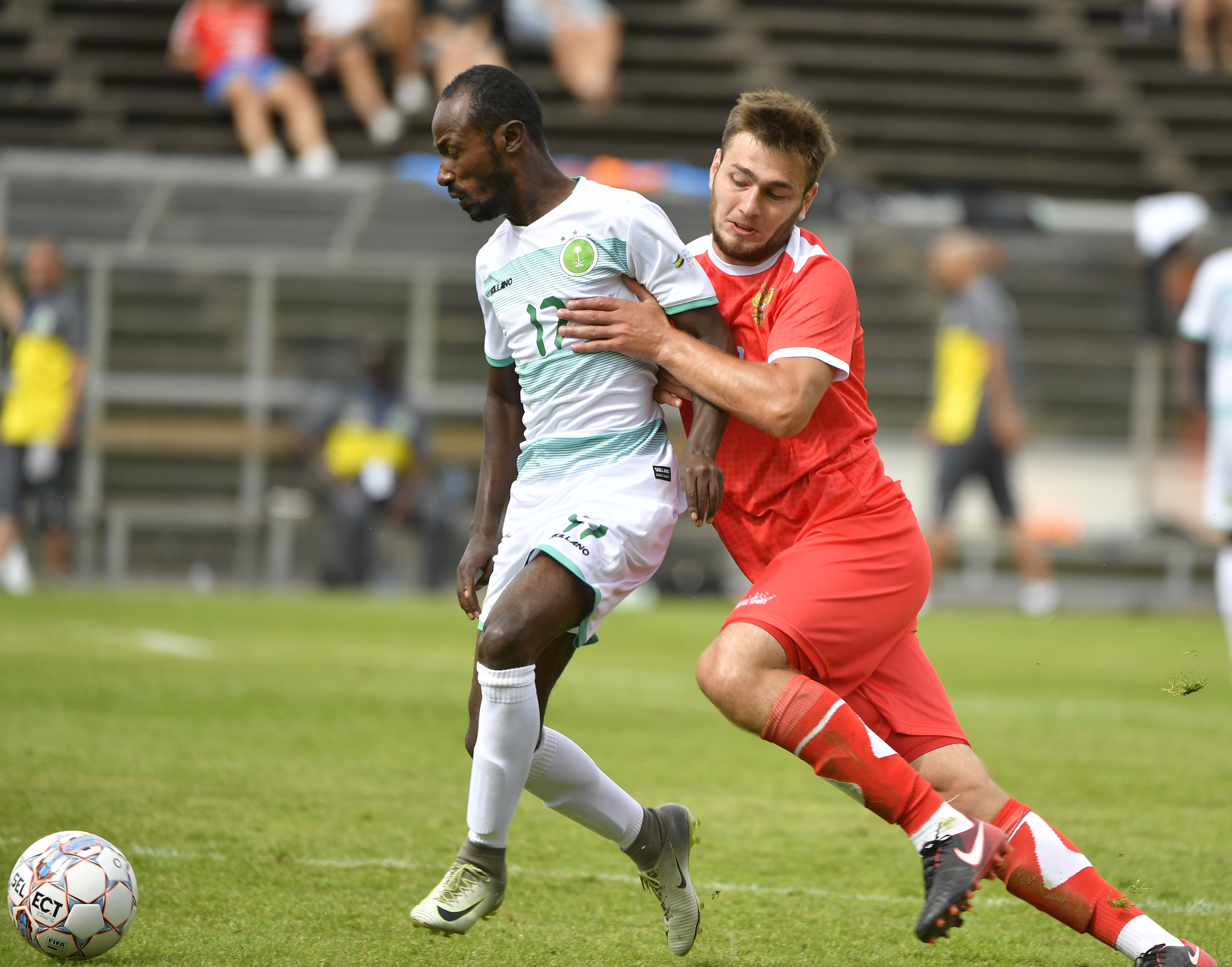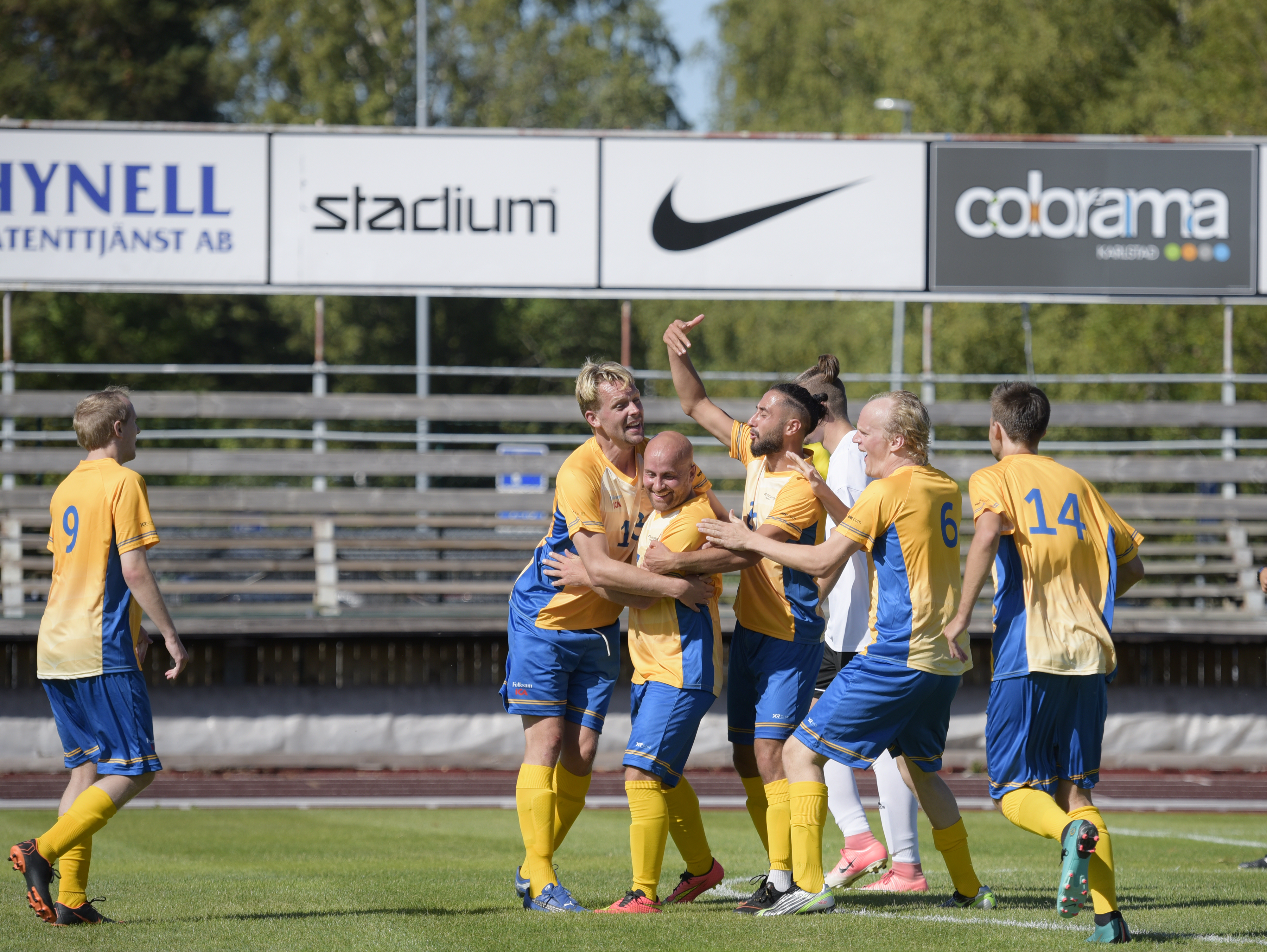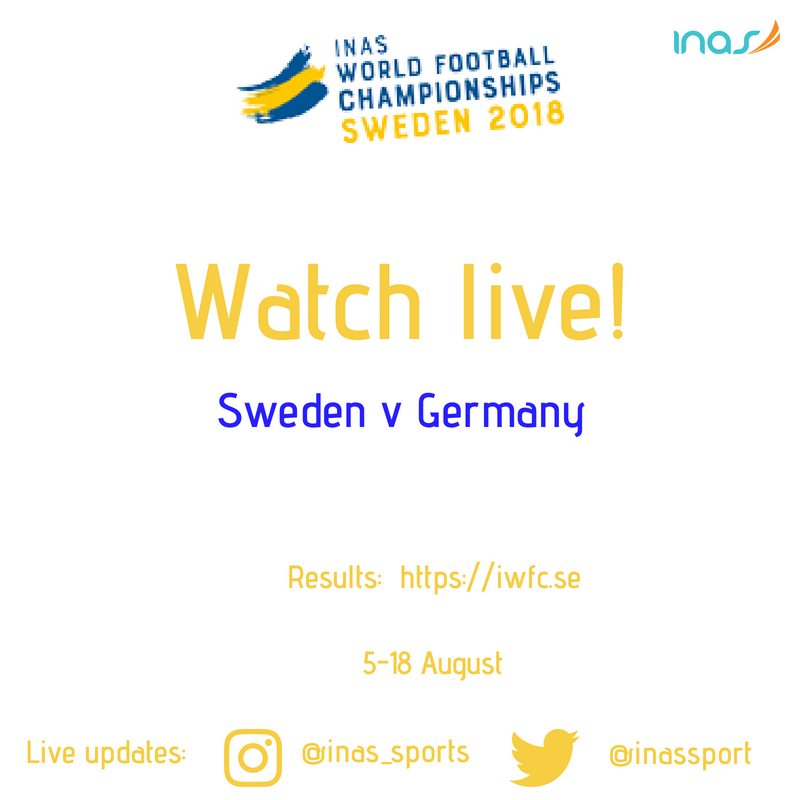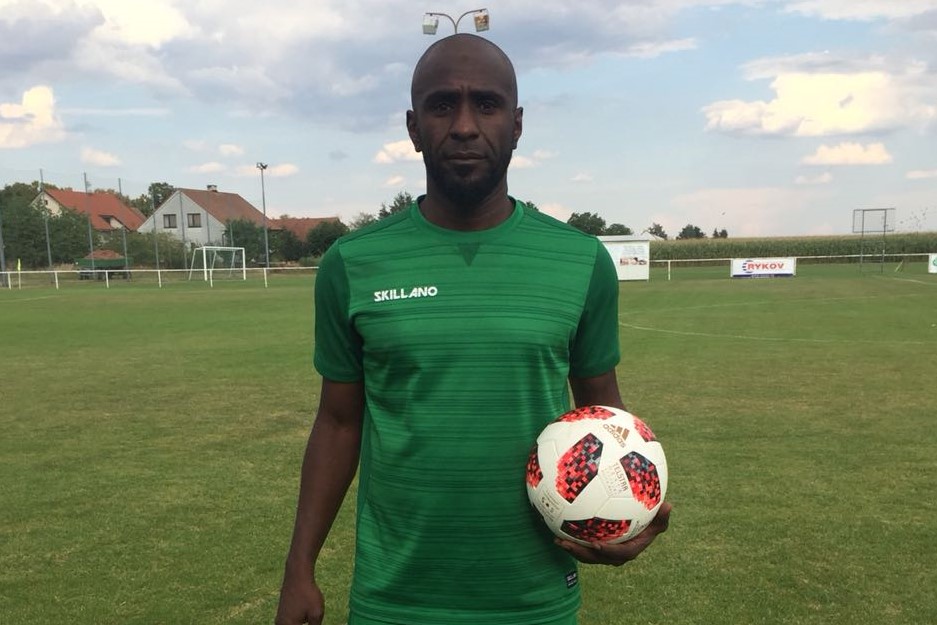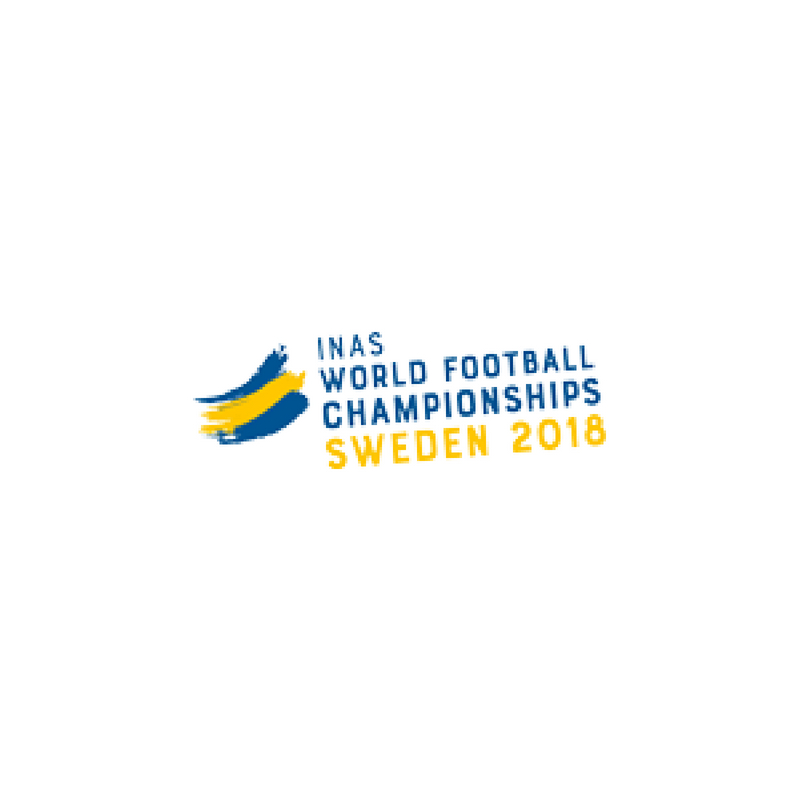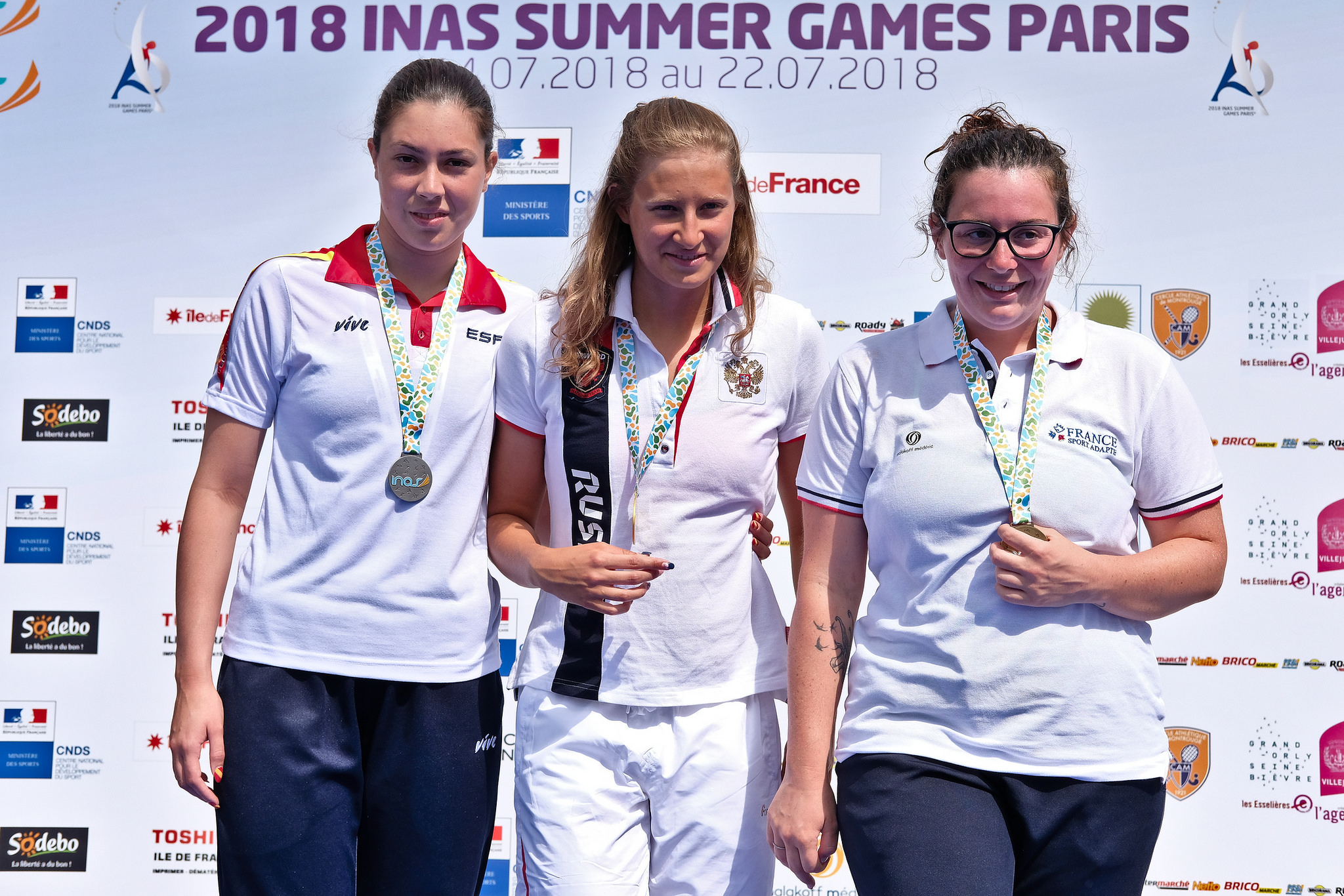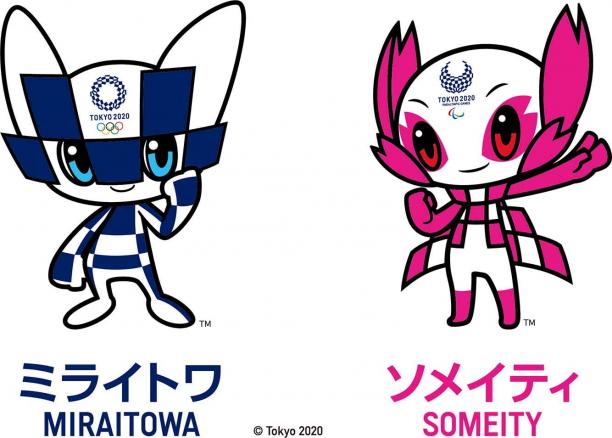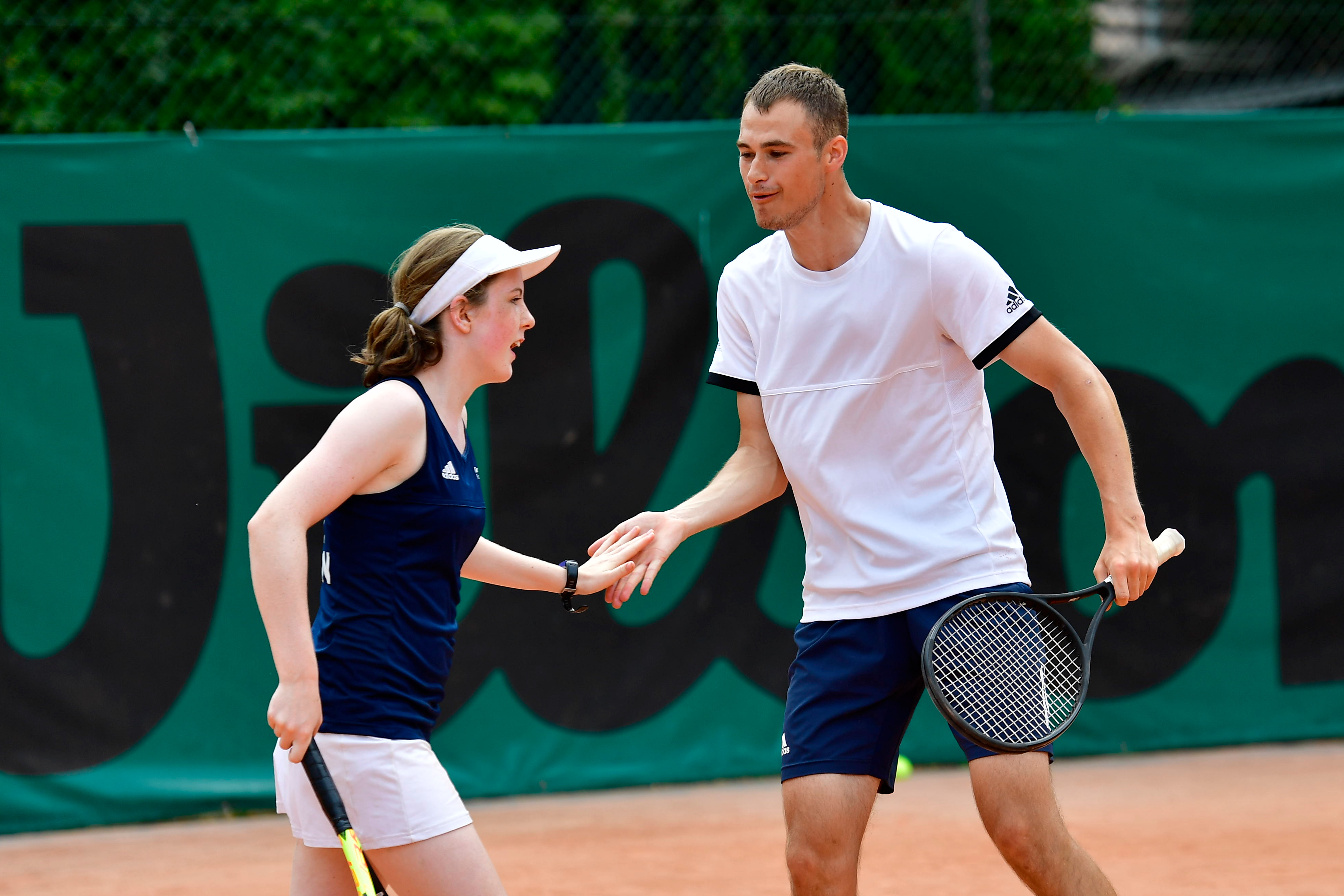Defending champions Saudi Arabia overcome Russia at football Worlds
Defending title holders Saudi Arabia showed why they will be the team to beat at the 2018 International Federation for Athletes with Intellectual Impairments (World Intellectual Impairment Sport) Football World Championships with a 5-1 win over Russia.
Playing at the Solviksvallen stadium in Arvia, Sweden, Saudia Arabia looked completely in control in the first group B game.
Ahmed Bu Hela starred in the impressive attack, scoring two goals on his international debut.
He was also instrumental in Saudi Arabia’s first goal. The team were handed the lead in the opening two minutes when a shot from Bu Hela deflected off the Russian defence for an own goal.
Two more came for Saudi Arabia in the first half, including Helal’s first.
Once again it took just a few minutes after the whistle in the second half for Saudi Arabia to find the net. Abdullah Adam this time powered the ball home after he snuck in behind the Russian defence to make it 4-0.
Helal made it 5-0 in the 59th minute but their attacking play did not go unanswered. Russia’s Stanislav Sedov claimed a consolation goal with just under 30 minutes to play.
Poland v Japan
European Champions Poland came out on top of a close tie with Japan in the second match of the day, 2-1.
Japan were the first to score after a mistake by Russian goalkeeper Michal Wierzbicki. A strike from Japan’s Yusuke Kobayashi looked to have been saved but it just slid under Wierzbicki and over the line to give Japan the lead.
However Pawel Michalski equalised for Poland with just five minutes to go in the first half. A stunning header from Piotr Stawniack in the 54th minute then gave Poland the edge – and proved to be the winning goal.
About the 2018 World Intellectual Impairment Sport Football World Championships
Teams will play in two groups of four ahead of the semi-finals on 16 August and final on 18 August.
Group A features Sweden, France, Germany and Argentina. Saudi Arabia, Poland, Japan and Russia are in group B. All teams in group A will be awarded a 3-0 scoreline for fixtures against South Africa after their late withdrawal.
Games are being shown live at the World Intellectual Impairment Sport YouTube channel. Information about groups, the schedule and results are available at https://iwfc.se/.
Photographs will be available on request from [email protected].

